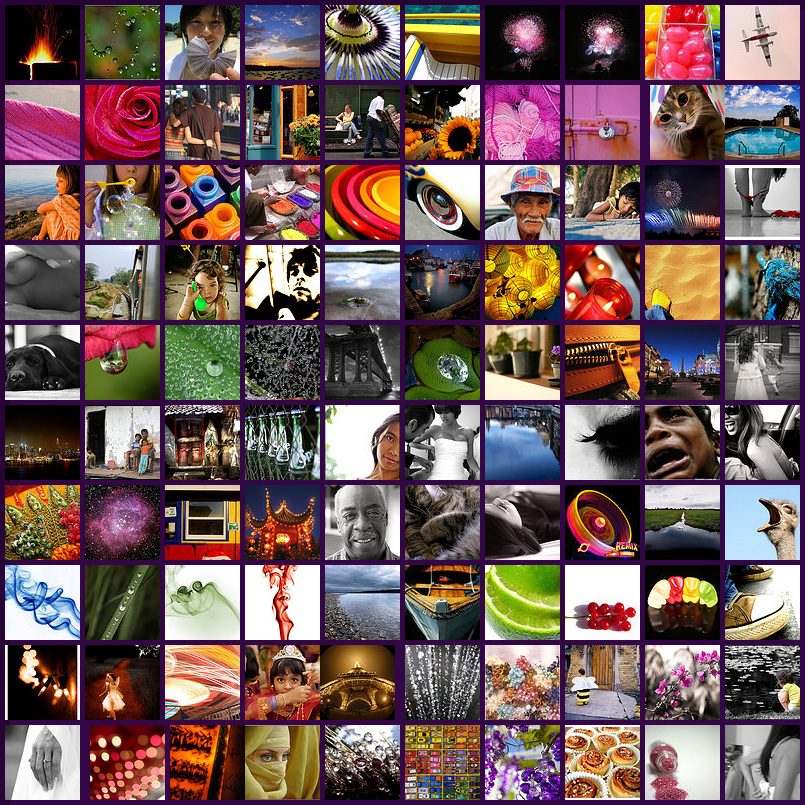I was looking forward to learning about RSS feeds, as I first heard about them in the Helene Blowers workshop and thought it might be great.............if only I knew what it was. :P
So here I am and what do you know, Eureka! the dots are finally connected. I now understand what Helen was showing us when she showed us a snapshot of her reader. Though mine sure isn't as populated as hers.
So here I am and what do you know, Eureka! the dots are finally connected. I now understand what Helen was showing us when she showed us a snapshot of her reader. Though mine sure isn't as populated as hers.
In my attempt to familarise myself with RSS I decided that I was going to created accounts with both bloglines and google reader to find what each offered, and whether readers are generally the same. As general experiments go my conclusions pointed to the obvious, and that is....wait for it...yes, both readers were fairly similar in functionality.
Well, after playing around with both readers (2 minutes each way) I decided to stick with google reader for the simple reason, that I had a gmail account and wanted to keep it all in the same family.Anyway I'm off to ''explore''".........
Feeds Added:
1. Powerhouse Museum Photo of the day
2. SMH - Entertainment Headlines
3. SMH - News Headlines
4. Powell Books - Blogs
5. Powell Books - Reviews
6. Delicious love hk films
7. Love Kozo (blog)
8. Daily Telegraph - Top stories
I was really excited about adding feeds and selected a few based on keeping up with current events, personal interest and book related feeds. All were quite easy to add, as the RSS feed icon was accessible. To fast forward my usage of google reader I search for a youtube clip to show me other features of google reader. I have added this clip at the end of this post for those who may need to fast track their training as well.
What I particularly liked about google reader was that you can highlight things of interest by adding a star to it. This would then place the item into the 'starred folder' for a more thorough read later on. Another feature was sharing your feeds and trends which allows you to view the amount of activity undertaken in the reader.
What I found disappointing, and this may be something that is possible, but I'm not currently aware of it, is that the added feeds can't be group into folders like bloglines, or even group together into interests. At the moment all my feeds are displayed alphabetically.
Something else I've just realised as well, which has more to do with the management of the reader, and that is, after a few weeks without checking the reader I now have over 1,000 items to read. I don't know how people can have more than 10 feeds via their readers, but it probably didn't help that I added the newspapers headlines.
To better manage this I will restrict my feeds to those that I would consider essential, delete the newspapers feeds, and also incorporate checking my reader as part of my work routine.
*************
How can libraries take advantage of this technology? Our library has incorporated RSS feeds on their library events webpage, book talks and book groups webpages, thus ensuring regulars are always informed on events they are interested in.
Another idea would be to create a general newsreader for all library staff to access on the service desks when quiet, and include feeds to websites which would help them in their learning and development, for example feeds to Readers Advisory blogs and book reviews.
As promised the video that helped me get beyond basics (it's not as good as the commoncraft vids, but still note worthy).

